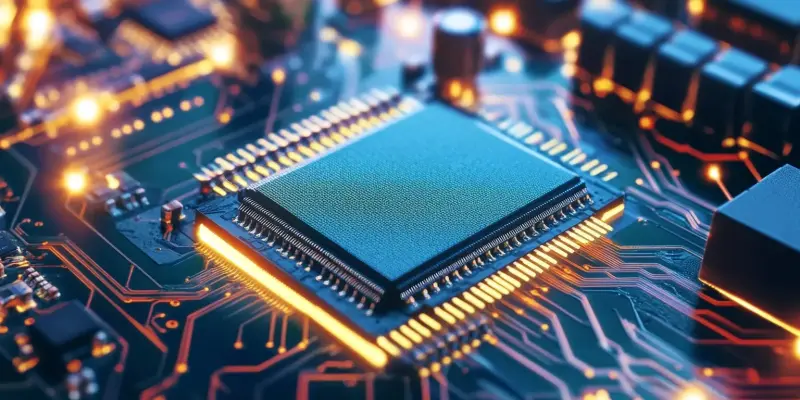In a strategic move aimed at delivering a flawless user experience, AMD has decided to delay the launch of its highly anticipated RX 9070 series GPUs to ensure final optimizations in the RDNA 4 software stack. The decision stems from their commitment to broader compatibility and enhanced performance for consumers. Initially scheduled for an earlier release, the RX 9070 series will now debut by March, two months after its official showcase. Such a delay is unprecedented for AMD, sparking a host of discussions about the underlying reasons.
Last-Minute Optimizations
David McAfee, AMD’s Corporate Vice President and General Manager, emphasized that the postponement is due to “last-minute” refinements designed to perfect the software stack. This effort aims to offer users an impeccable experience. AMD is particularly focused on optimizing performance and expanding the number of titles that support FSR 4, their latest upscaling technology, right from the get-go. Unlike previous releases, which had limited supported titles initially, the company is determined to ensure a robust lineup at launch.
Ensured Inventory Levels
AMD has assured potential customers that the launch will be reinforced by ample inventory levels. A diverse range of retail partners is already building up stock. This strategy is expected to mitigate consumer challenges in acquiring the new GPUs and may potentially drive higher sales. Comparatively, NVIDIA’s RTX 50 series has been plagued by reports of limited availability, making AMD’s proactive supply approach a stark contrast.
Competitive Performance and Pricing
The company is optimistic about the RX 9070 series, targeting a strong performance-to-price ratio with both the RX 9070 XT and non-XT versions. Through meticulous planning and optimization, AMD aspires to secure a favorable reception from the market. The aim is to sidestep the initial bugs and performance issues that have affected previous GPU launches. This attention to detail underscores AMD’s strategic intent to capitalize on user satisfaction.
Market Expectations
While delays often frustrate consumers, this move underscores AMD’s commitment to quality and performance. Ensuring the RX 9070 series GPUs are fully optimized and compatible with a broad range of systems will likely enhance the user experience significantly. By prioritizing these final touches, AMD aims to avoid potential pitfalls that could arise from an earlier release. The decision also reflects a broader strategy to maintain competitive advantage in the rapidly evolving graphics card market.

